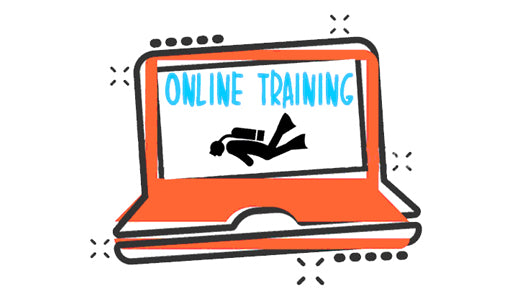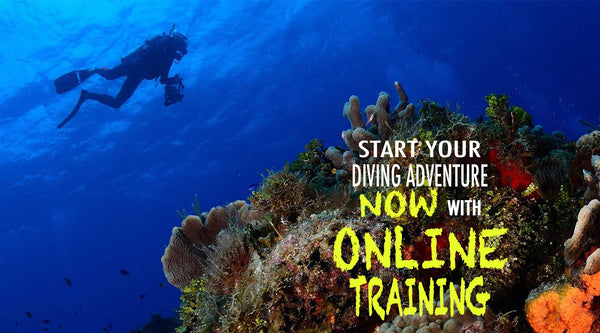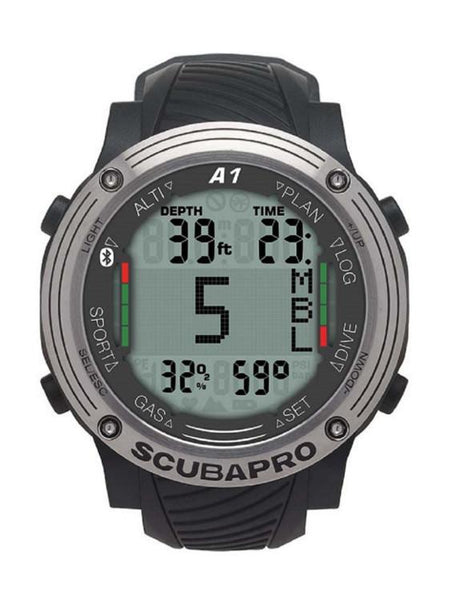
Is Scuba Diving Safe? Insights from the Experts
Curious about scuba diving but worried about safety? Don't worry—we've got all the facts covered here to put you at ease.
The Basics of Scuba Diving Safety
Scuba diving is an exciting activity, and safety is our top priority. Like any sport, there are risks, but with the right training and precautions, you can minimise them. Being well-prepared and informed is key and will keep you safe.
Proper training is essential. You can't just grab a tank and jump in the water. You'll need to learn skills and techniques from certified instructors. Training covers everything from using your equipment to understanding underwater signals.
Importance of Equipment and Health
Having the right equipment is crucial. Using well-maintained gear not only gives you peace of mind, knowing you can rely on it, but also keeps you safe. This includes a mask, fins, regulator, buoyancy control device (BCD), and a tank. Regular checks and maintenance ensure everything works properly.
Your health is another important factor. Diving puts pressure on your body, so it's important to be in good health. Always get a medical check-up before starting. If you have conditions like asthma or heart issues, consult your doctor.
Diving with a Buddy and Understanding the Environment
Never dive alone. Always have a buddy. This is a fundamental rule in scuba diving. A buddy can help in an emergency and provide extra support. It’s also more enjoyable to share the experience.
Knowing the dive site and its conditions is also crucial. Different sites have different challenges. Some might have strong currents, while others might have limited visibility. Research and understand the environment where you'll be diving. This helps you prepare and avoid unexpected situations.
Following Dive Plans and Handling Emergencies
Always have a dive plan and stick to it. This includes planning your entry and exit points, maximum depth, and dive time. A well-thought-out plan keeps you safe and ensures you don’t run out of air.
Even with the best preparation, emergencies can happen. That’s why you learn emergency procedures during training. This includes sharing air with your buddy, ascending safely, and dealing with equipment issues. Practise these skills regularly so you’re ready if something goes wrong.
Experience and General Safety Tips
Experience plays a big role in diving safety. The more you dive, the more comfortable and confident you become. Start with easier dives and gradually take on more challenging ones as you gain experience. Always check your gear before a dive, monitor your air supply, ascend slowly to avoid decompression sickness, stay within your training limits, and avoid touching marine life as some creatures can be dangerous.
Is Scuba Diving Safe?
So, is scuba diving safe? Yes, it is, as long as you follow the rules, get proper training, and use the right equipment. The diving community is full of experienced professionals who are dedicated to safety. By learning from them and respecting the ocean, you can enjoy this amazing activity with confidence.
Dive Safely with Frog Dive!
At Frog Dive, we are committed to creating the best divers with good diving practices. Our courses are designed so you have enough time to learn your skills whilst still having a good time. If after the days of the course you or your instructor believe there's an area for improvement, you can redo the classes as many times as you wish! No rush, no hassles.
Ready to start your scuba diving journey? Join us at Frog Dive and dive safely with our expert team. Contact us today and take the plunge into the underwater world!








